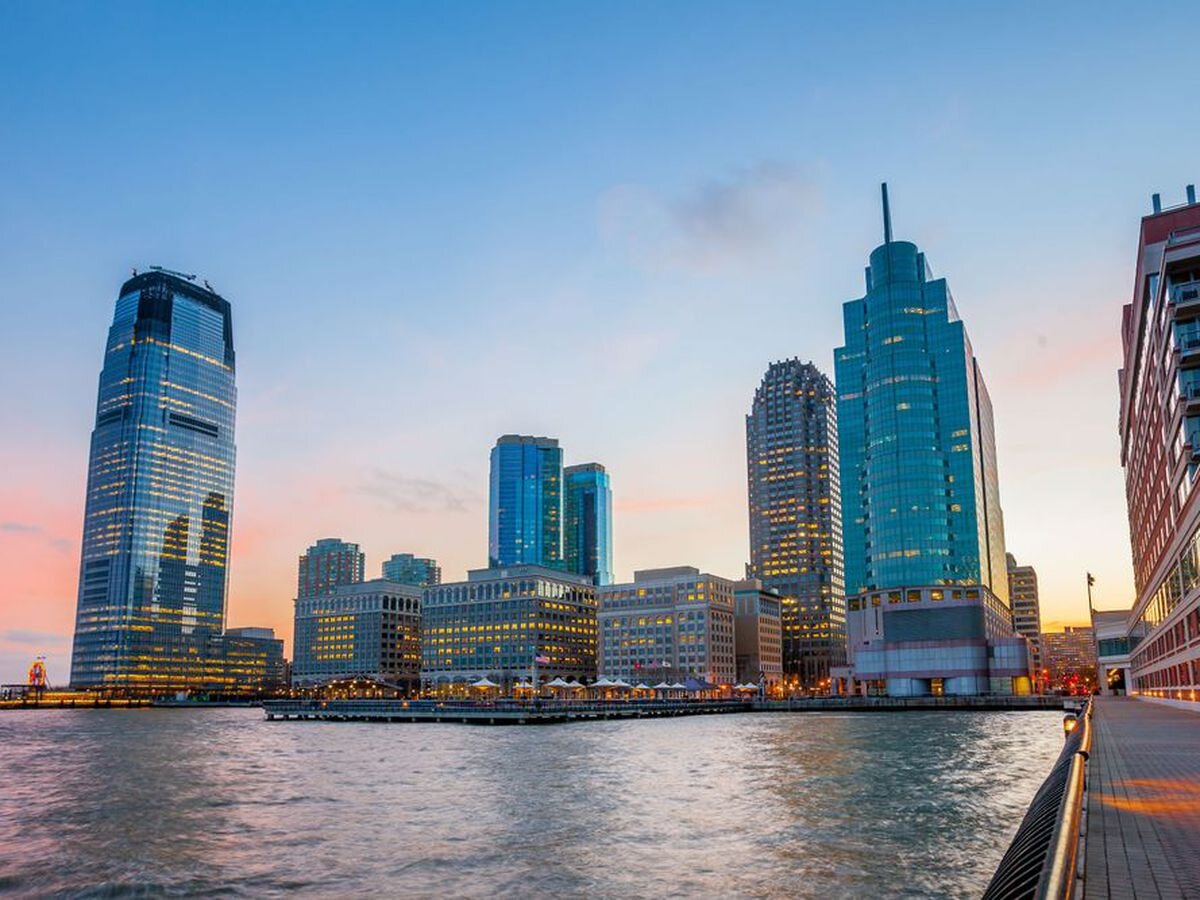
On Thursday, January 7th, Governor Phil Murphy signed into law the Economic Recovery Act of 2020 (“ERA”) – comprehensive legislation which creates multiple new incentive programs for both businesses and developers. Along with tax credits for job creation and redevelopment projects throughout New Jersey, the ERA establishes programs for the rehabilitation of historic properties, the remediation of brownfields sites, and programs related to community-anchored development, and the establishment of grocery stores in food deserts.
The programs created under the ERA will expire on March 1, 2027. They will be administered by the New Jersey Economic Development Authority (“NJEDA”) and subject to rules and regulations promulgated by the NJEDA in the coming months.
While individual projects should be fully analyzed to determine if an incentive could apply, below is some general information on the programs created under the ERA:
- Emerge Program – the successor to Grow NJ, this program was established to encourage economic development, job creation, and the retention of significant numbers of jobs in imminent danger of leaving the State. This program will now act as the State’s main job attraction and retention program (with a particular focus on new job creation). It includes many of the same basic programmatic requirements as Grow NJ, including job minimums and capital investment minimums depending on industry, location, and the size of the applicant business. Businesses qualifying under this program will be entitled to tax credits ranging from $500 - $4,000 per job, along with bonus tax credits ranging from $250 - $5,000 per job, for a period of up to 7 years. Maximum tax credit amounts per job are subject to caps ranging from $3,000 - $8,000 depending on the project location. Tax credits are further limited by a net positive benefit test and NJEDA discretion.
- Aspire Program – the successor to the Economic Redevelopment and Growth (ERG) Program, the Aspire Program was created to encourage redevelopment projects through the provision of incentive awards to reimburse developers for certain project financing gap costs. The program includes incentives for the development of commercial and residential projects. To qualify, applicants (developers) must demonstrate that without the incentive award, the redevelopment project is not economically feasible and that a project financing gap exists. Applicants must have an equity interest in the project of at least 20% of the total project cost. For residential projects, depending on location, applicants must demonstrate minimum project costs ranging from $5M - $17.5M. Upon project completion, the applicant is allowed a total tax credit limited to the lesser of the following: (1) 45% - 50% of the total project cost, depending on project location; (2) $32M - $50M, depending on project location; and (3) the project financing gap (and in the case of commercial projects, the net benefit test). The maximum term for commercial or mixed-use projects is 15 years. The maximum term for residential projects is 10 years.
- Historic Property Tax Credit Program– this program was designed to help facilitate the rehabilitation of historic properties throughout the State. To qualify, applicants (developers) must demonstrate that without the tax credit, the rehabilitation project is not economically feasible, and that a project financing gap exists. Upon successful application to the NJEDA, the applicant shall be entitled to a tax credit of 40% of the cost of the rehabilitation of the qualified property.
- Brownfields Redevelopment Tax Credit Program– this program was created to compensate developers of redevelopment projects located on brownfield sites for remediation costs. Applications under the program will be reviewed by both the NJEDA and the New Jersey Department of Environmental Protection (“NJDEP”). The applicant (developer) must demonstrate the redevelopment project is located on a brownfield site, remediation (outside of preliminary assessments and investigations) has not commenced, a project financing gap exists, and without the tax credit, the redevelopment project is not economically feasible. Projects under this program (as is the case with most projects receiving awards under the ERA) are subject to the NJEDA’s prevailing wage requirements. Upon completion (or certification) of the project, the applicant is entitled to a tax credit in an amount not to exceed 40% of the actual remediation costs, or 40% of the projected remediation costs (as set forth in the redevelopment agreement), or $4M, whichever is least.
- Food Desert Relief Program– this program was created to provide tax credits, grants, and loans to incentivize businesses to establish and retain new supermarkets and grocery stores in food desert communities. Applicants must demonstrate that the incentive will be utilized for one or more of the following purposes: (1) to mitigate a project financing gap; (2) to mitigate the initial operating costs of the supermarket or grocery store; (3) to mitigate certain eligible equipment costs or technology costs; or (4) to support initiatives to ensure food security of residents in food desert communities. The value of the incentive award is limited based on multiple criteria. Depending on the project, applicants will be eligible for a tax credit between 20% - 40% of the total project costs, between half and all the initial operating costs, or a grant or loan in the amount of the eligible equipment costs and eligible technology costs.
In addition to the programs outlined above, the ERA creates additional programs for small businesses, including grants and loans. It also amends and extends deadlines for previous programs established under the Economic Opportunity Act of 2013.
For more information on these programs, or any other incentive programs available in New Jersey, please feel free to reach out to Chris J. Murphy, Esq. at (973) 705-7421 or via email at cmurphy@murphyllp.com.
Murphy Schiller & Wilkes LLP (MSW) is a boutique law firm servicing the commercial real estate and construction industries. Headquartered in Newark, New Jersey, the firm represents a wide range of clients, including institutional, publicly traded real estate companies, international and regional lenders, national contractors and subcontractors, and family offices. The firm has been ranked as a top law firm by both Chambers & Partners and U.S. News & World Report.
